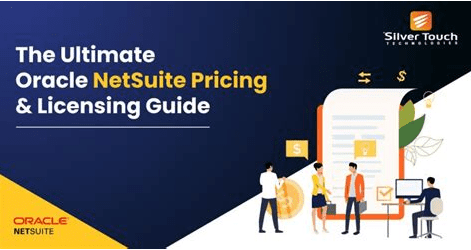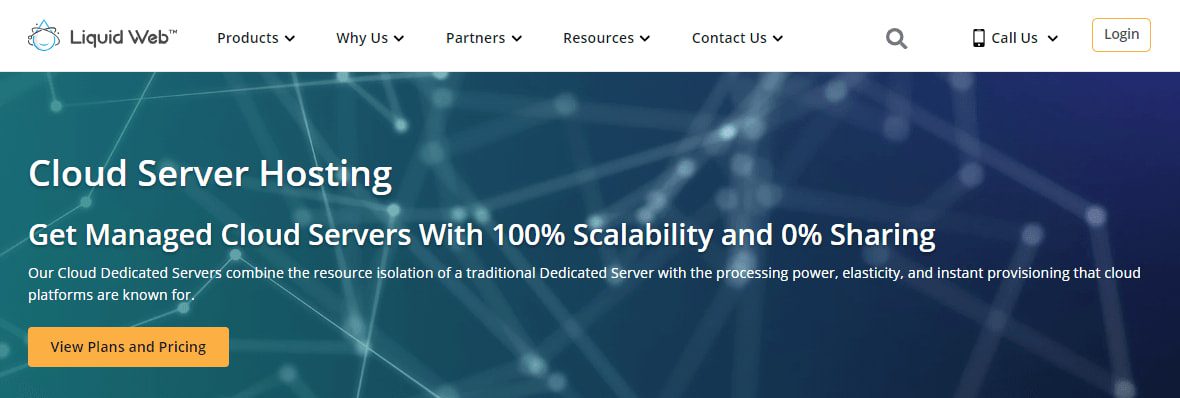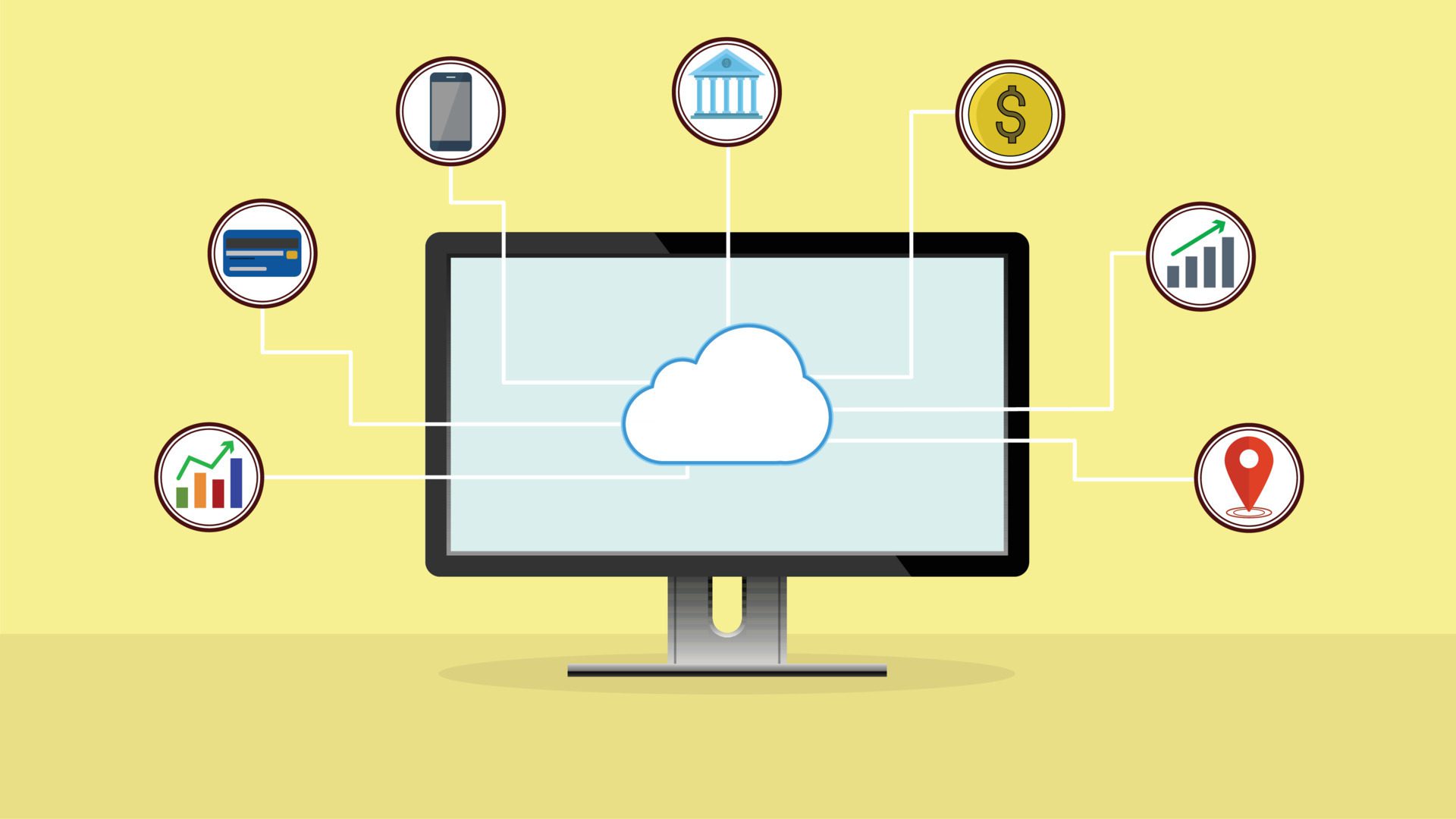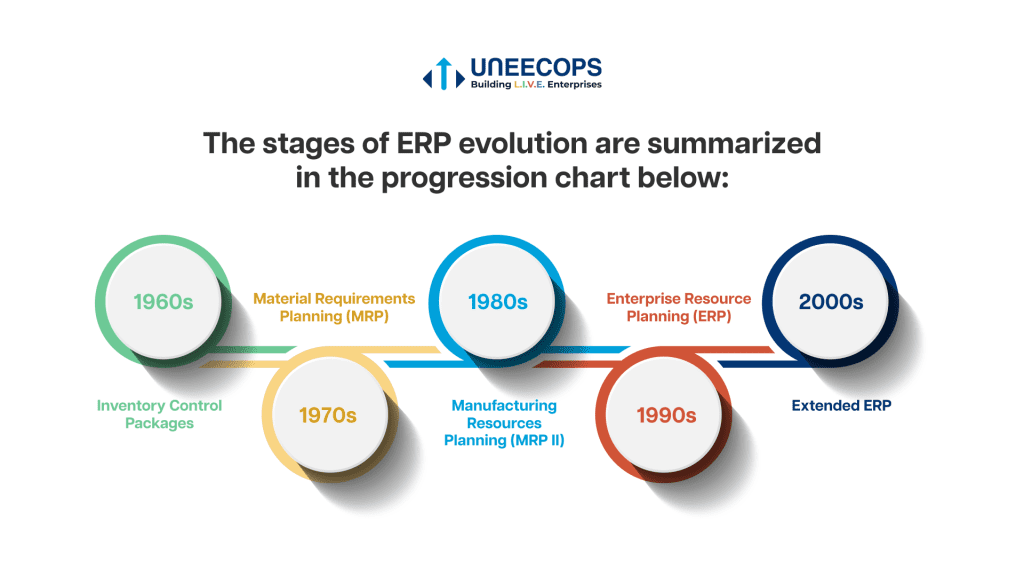Oracle Netsuite Erp Pricing
Welcome, dear reader! Have you been considering investing in Oracle Netsuite ERP but feeling confused about the pricing structure? You’re not alone. Navigating the world of Enterprise Resource Planning (ERP) software pricing can be challenging, but fear not. In this comprehensive guide, we will break down Oracle Netsuite ERP pricing in a simple and easy-to-understand manner, helping you make informed decisions for your business. Let’s dive in and unravel the mystery behind Oracle Netsuite ERP pricing together.
Understanding Oracle Netsuite ERP Pricing Model
When it comes to understanding Oracle Netsuite ERP pricing model, it is important to consider the different factors that can influence the cost of implementing this software for your business. Netsuite offers a flexible pricing structure that is designed to accommodate a variety of business sizes and needs. This model includes several key components that can impact the overall cost of using Netsuite ERP.
One of the main factors that can affect the pricing of Netsuite ERP is the number of users who will be accessing the system. The more users you have, the higher the cost is likely to be. This is because Netsuite charges on a per-user basis, so each additional user will come with an additional cost. It is important to consider how many users you will need to have access to the system in order to accurately estimate the total cost of implementing Netsuite ERP for your business.
Another factor that can influence the pricing of Netsuite ERP is the level of functionality that you require. Netsuite offers a range of different modules and features that can be added onto the base system in order to customize it to suit your specific needs. However, each of these additional modules comes with its own cost, so it is important to carefully consider which features are essential for your business and which ones are nice to have but not necessary.
Additionally, the level of support and maintenance that you require for your Netsuite ERP system can also impact the overall cost. Netsuite offers different levels of support packages that come with varying costs. These packages can include things like 24/7 customer support, software updates, and technical assistance. The level of support that you choose will depend on your business needs and budget, but it is important to factor this cost into your overall pricing model.
Lastly, the type of deployment option that you choose for Netsuite ERP can also influence the pricing. Netsuite offers both cloud-based and on-premise deployment options, with the cloud-based option typically being more cost-effective for small to medium-sized businesses. However, if you have specific security or compliance requirements that necessitate an on-premise deployment, this can come with its own additional costs.
Overall, understanding the Oracle Netsuite ERP pricing model requires careful consideration of the number of users, functionality, support, and deployment options that are best suited to your business needs. By taking the time to analyze these factors and make informed decisions, you can ensure that you are getting the most value out of your investment in Netsuite ERP.
Factors Influencing Oracle Netsuite ERP Pricing
When considering the pricing of Oracle Netsuite ERP, there are several factors that can influence the cost. Some of the main factors include the size of your business, the number of users accessing the system, the modules and features you require, and the level of customization needed.
One of the key factors that can impact the pricing of Oracle Netsuite ERP is the size of your business. Larger companies with more complex needs may require a higher level of customization and support, which can drive up the overall cost of the system. Smaller businesses with fewer users and simpler requirements may be able to opt for a more basic package, which can be more cost-effective.
Another factor to consider is the number of users who will be accessing the Oracle Netsuite ERP system. The more users you have, the higher the cost will be, as additional licenses will need to be purchased. It’s important to accurately assess the number of users you will need to ensure you are not overpaying for licenses that you do not need.
Furthermore, the modules and features that you require can also impact the pricing of Oracle Netsuite ERP. Different modules and features come with different price tags, so it’s important to carefully consider which ones are essential for your business and which ones you can do without. Customizing the system to only include the modules and features you need can help keep costs down.
Lastly, the level of customization needed for your Oracle Netsuite ERP system can also influence the pricing. If you require a highly customized solution that is tailored to your specific business needs, this can increase the overall cost of the system. On the other hand, opting for a more out-of-the-box solution with minimal customization can be more cost-effective.
In conclusion, when assessing the pricing of Oracle Netsuite ERP, it’s important to consider factors such as the size of your business, the number of users, the modules and features you require, and the level of customization needed. By carefully evaluating these factors and working with a trusted Netsuite provider, you can ensure you are getting a system that meets your needs at a price point that is reasonable for your business.
Oracle Netsuite ERP Implementation Costs
When considering the implementation costs of Oracle Netsuite ERP, there are several factors that need to be taken into account. The first factor to consider is the size and complexity of your organization. Larger organizations with more users and more complex business processes will generally incur higher implementation costs compared to smaller organizations with simpler needs. Additionally, the level of customization required for your ERP system will also impact implementation costs. Customizations can range from simple configurations to complex integrations with other systems, and the more customization required, the higher the implementation costs will be.
Another factor that can influence implementation costs is the deployment method chosen for your Oracle Netsuite ERP system. Netsuite offers both on-premises and cloud-based deployment options, with cloud-based deployments typically being more cost-effective due to lower hardware and maintenance costs. However, on-premises deployments may be necessary for organizations with strict data security requirements or specific integration needs, which can result in higher implementation costs.
Training and support are essential components of any ERP implementation project and can also contribute to overall costs. Depending on the level of training required for your users and the complexity of the system, training costs can vary. Additionally, ongoing support costs should be factored into the overall implementation costs to ensure that your system continues to run smoothly post-implementation.
Lastly, it’s important to consider the timeline for your Oracle Netsuite ERP implementation. Faster implementations may require more resources and incur higher costs, while longer implementations may spread costs out over a longer period of time but can also result in higher overall costs due to extended timelines. It’s important to balance the speed of implementation with the resources available to your organization to ensure a successful and cost-effective implementation process.
Oracle Netsuite ERP Licensing Options
When it comes to Oracle Netsuite ERP pricing, there are several licensing options available for businesses to choose from. These options ensure that companies of all sizes and budgets can find a solution that fits their needs. Here are the various licensing options offered by Oracle Netsuite ERP:
1. User-based Licensing: One of the most common pricing models for ERP software is user-based licensing. With Oracle Netsuite ERP, businesses can purchase licenses for a specific number of users who will have access to the system. This pricing model is scalable, as companies can add or remove users as needed. This option is ideal for businesses with a fixed number of employees who require access to the ERP system.
2. Module-based Licensing: Another option provided by Oracle Netsuite ERP is module-based licensing. This pricing model allows businesses to purchase licenses for specific modules or functionalities within the ERP system. Companies can select the modules that are most relevant to their operations, which can help reduce costs compared to purchasing a full suite of modules. This option is suitable for businesses that have unique requirements and do not need all the features offered by the complete ERP system.
3. Concurrent User Licensing: Concurrent user licensing is another option that Oracle Netsuite ERP provides for businesses. With this pricing model, companies can purchase a set number of licenses that can be shared among users. This means that only a certain number of users can access the system at the same time, based on the number of licenses purchased. This option is cost-effective for businesses that have employees who do not need to access the system simultaneously.
4. Usage-based Licensing: Perhaps the most flexible licensing option offered by Oracle Netsuite ERP is usage-based licensing. With this pricing model, companies pay based on the usage of the system, such as the number of transactions processed or the amount of data stored. This option allows businesses to pay for only what they use, making it a cost-effective solution for companies with fluctuating needs or seasonal demands. Usage-based licensing is beneficial for businesses that want to align their expenses with their actual usage of the ERP system.
Overall, Oracle Netsuite ERP provides a range of licensing options to cater to the diverse needs of businesses. Whether a company requires a set number of user licenses, specific modules, concurrent user access, or usage-based pricing, there is a pricing model that can accommodate their requirements. By offering these flexible licensing options, Oracle Netsuite ERP ensures that businesses can access the benefits of a comprehensive ERP system without breaking the bank.
Comparing Oracle Netsuite ERP Pricing with Competitors
When it comes to ERP software pricing, it’s important to compare different options to find the best fit for your business. Oracle Netsuite ERP is a popular choice for many organizations, but how does its pricing stack up against competitors in the market?
One of the key factors to consider when comparing ERP pricing is the cost structure. Oracle Netsuite ERP offers a subscription-based pricing model, where customers pay a monthly fee based on the number of users and the modules they require. This can make it easier for businesses to budget and plan for their ERP costs.
In contrast, some competitors may offer a more traditional licensing model where customers pay a one-time fee for the software and then additional fees for updates and support. This can make it harder to predict long-term costs and may result in unexpected expenses down the line.
Another factor to consider is the scalability of the ERP solution. Oracle Netsuite ERP is known for its flexibility and can be easily tailored to suit the needs of growing businesses. This scalability is important for organizations that are looking to expand and need an ERP system that can grow with them.
On the other hand, some competitors may have limitations in terms of scalability, which can make it difficult for businesses to add new users or modules as they grow. This could result in additional costs and complexities down the line, making it less cost-effective in the long run.
Additionally, it’s important to consider the level of support and training provided by the ERP vendor. Oracle Netsuite ERP is known for its robust customer support and training programs, which can help businesses get up and running quickly and efficiently.
Some competitors may offer limited support options or charge extra for training, which can add to the overall cost of the ERP solution. This is something to keep in mind when comparing different options and considering the total cost of ownership.






